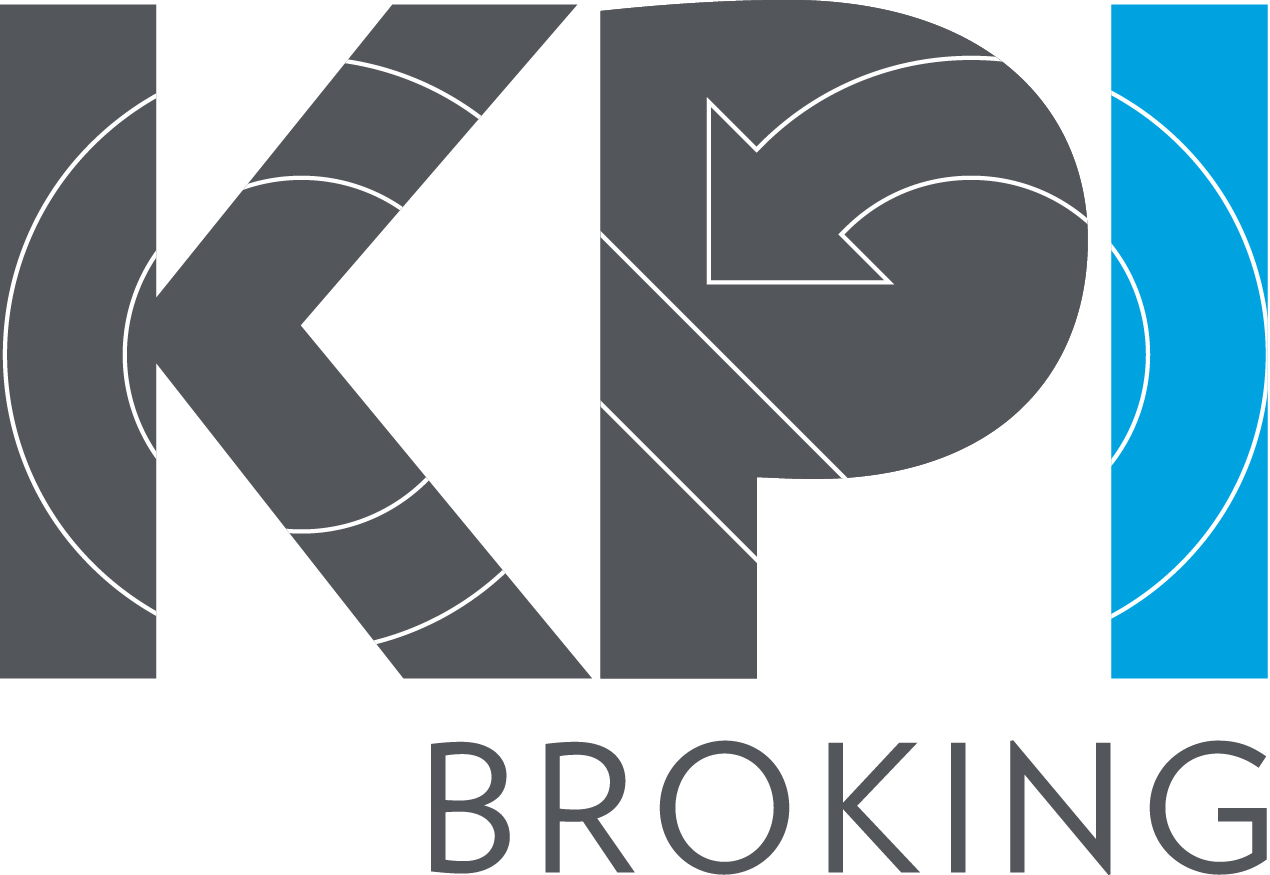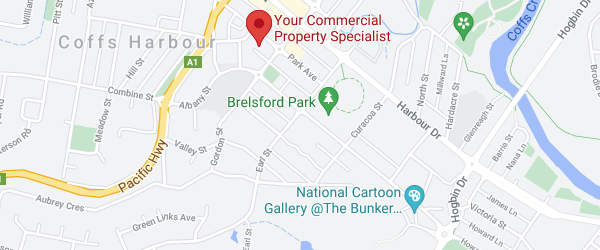|
So, you’ve had to close down?
As a business owner you'll have a lot going on right now and if temporary
closure is the next step, it's important to minimise risks to your
building and its contents before closing the doors.
Issues such as waste, fire safety, building utilities,
security, maintenance and dangerous goods need your attention for the long
term benefit of your business, staff and customers.
Start by
removing waste.
Empty all office and council bins. Outside bins should ideally be left empty
and clean during this time too.
Are fire safety
systems checked?
Ensure fire and/or sprinkler systems are fully operational and internal fire
doors are closed.
Shutdown non-essential electrical devices and building utilities, unplug
appliances, and isolate nonessential services, gas valves etc. Where
possible (and subject to Government restrictions), implement
periodic inspections of the building (internally and externally).
Keep an eye on maintenance issues
such as blocked drains and
leaf debris building up in guttering.
Is the premises secure?
Check any fencing is in good repair, windows and gates are locked, shutters
are in place.
Ensure your intruder alarm is set and remote signalling in place, plus
sufficient numbers of key holders are available to respond to an alarm activation
within 20 minutes.
Building Management Systems (BMS) with remote alerts should continue to be
responded to. If relevant consider engaging a security guard/patrolling
company.
Keep dangerous goods secure in their usual storage place, and thoroughly review
inventory levels, documentation etc., before closing.
What if staff remain on the premises?
Consider including trained fire wardens or people who have knowledge of
actions to take in the event of an emergency. With a limited staff presence,
there may be a need to redeploy employees or contractors to other tasks. They
should not do tasks they're not trained for, such as working at height or
using machinery.
Comply with existing government guidance.
Vulnerable people and lone worker risk assessments remains very important.
Only you can make your workplace safe. Any risk management duties of your
company cannot be delegated.
Source: Zurich Australia
This handy advice has been provided by Ken Phillips of KPI
Ken Phillips
Managing Director

(02) 6658 9454 | M: 0456 855 454 | kpibroking.com.au | ken.phillips@kpibroking.com.au
This blog content may contain links to other websites. We are not responsible for the privacy practices or the content of those websites. The Privacy Policy of this website does not extend to those linked websites. This content has been supplied to Your Commercial Specialist by a third party to assist the audience of this website. Your Commercial Property Specialist take no responsibility for the accuracy of the information supplied by the third party and the audience should make their own enquiries on the information supplied and seek their own independent specialist advice regarding the content supplied. No financial benefit has exchanged for the use of or display of this information.
|


